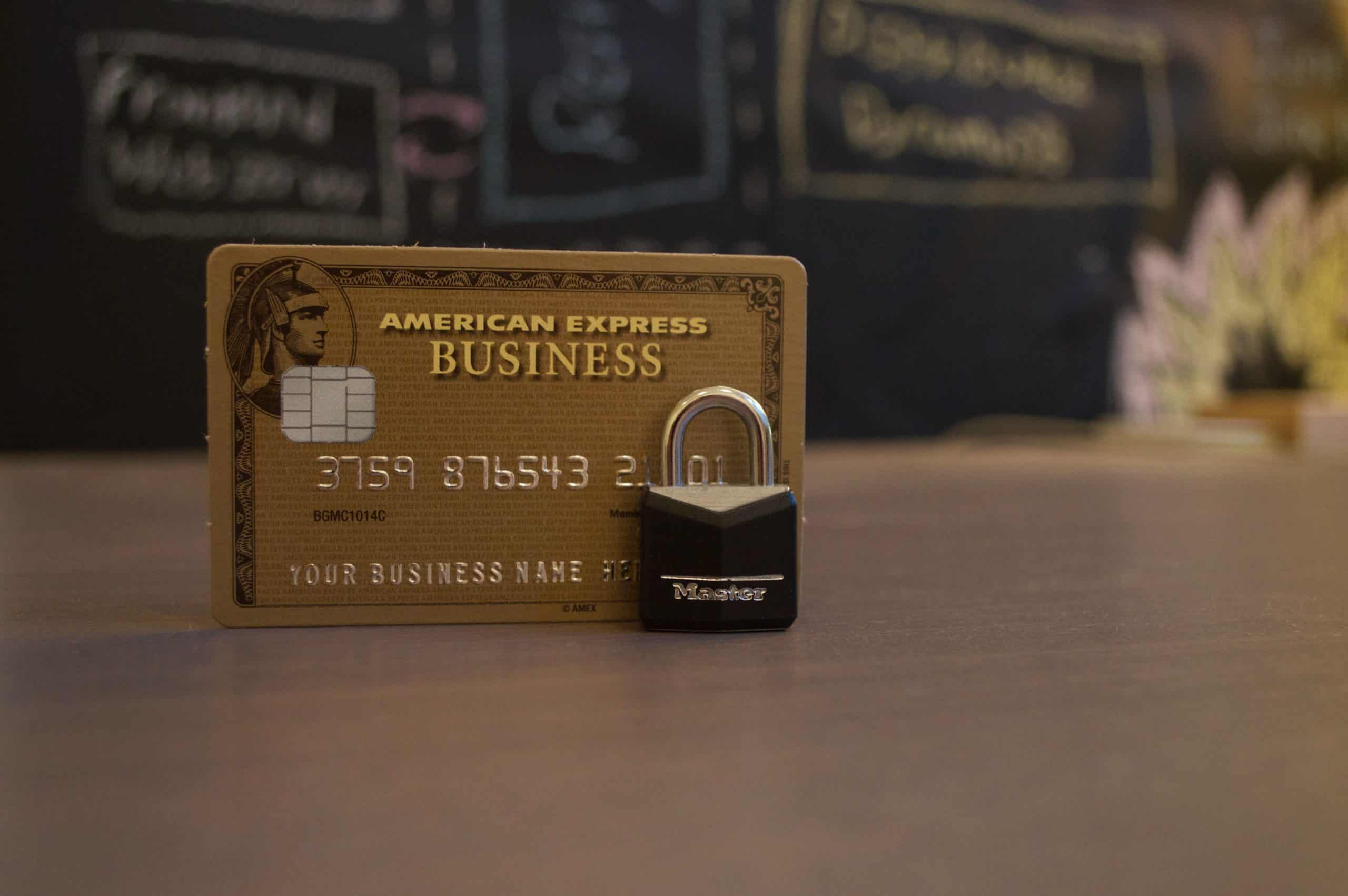As a new or growing business, one of the most important things you will need is a way to accept card payments from your customers. According to the 2021 Diary of Consumer Payment Choice, 57% of all payments in the United States were made with either a credit or debit card.
A merchant account, like that offered by National Processing, is one of the most affordable, secure ways to accept card payments, but many of the payment processors that don’t require you to pass a credit check are also notorious for subjecting merchants to sudden, unexplained account holds and terminations. So if you want the ability to accept card payments without the threat of fund holds or account closures, you need a dedicated merchant account, which will require a credit check.
That means you need to build business credit. Your business credit score helps payment processors determine not only whether your business qualifies for a merchant account but how much you will be allowed to process in payments each month with that account.
Why You Need to Build Business Credit Separate from Personal Credit
From a payment processor’s perspective, a merchant account works sort of like a line of credit. When a payment is made to you, the processor is responsible for pulling it from the customer’s account and depositing it into yours. From there, you’re free to withdraw it or spend it as you see fit.
In the event of a chargeback, however, the processor is obligated to return the funds to the customer’s account. If you’ve already withdrawn the money, the processor has to cover the chargeback with its own funds and wait for you to pay back the balance owed.
As a result, processors need to know whether you’re likely to pay them back or not. That’s where your business credit score comes in.
While you can, in some cases, open an account with certain stipulations like maintaining a rolling reserve in the account to cover potential chargebacks, that often means delays and limits on how and when you can access your business earnings.
How to Build Business Credit with EIN
Just as young adults can find it hard to build personal credit when they’re new to the world of credit cards and loans, young businesses often feel like they’re facing an uphill battle to build business credit when they’re just starting out. Here’s how to build your business credit as fast as possible so that you can get the dedicated merchant account you need to scale your business.
1. File for an EIN
An employer identification number (EIN) is a unique tax identification number for your business. Think of it like your business’s social security number. It’s the tax ID you’ll use when filing business taxes and the number you’ll provide instead of your personal social security number when applying for business loans, corporate credit cards, and business accounts.
To be eligible for an EIN, you need to meet the following criteria:
-
- Your business is located in the United States or U.S. territories
-
- You personally have a social security number or other taxpayer identification number
You can complete the application entirely online, but you do have to finish it in a single session. You won’t be able to save and return to it later. So make sure you have all of the information you need before you start, including the type of legal structure and the social security number and contact information of the responsible party. You’ll also need to answer a series of questions about the business including its legal name, location, start date, required tax forms, number of employees, and so on.
2. Open a Business Bank Account
An important early step in demonstrating that you’re serious about this business is opening a business bank account separate from your personal account. It’s also one of the basic requirements for opening a merchant account. Once open, conduct all of your business transactions, including paying suppliers or employees, through this account only.
3. Apply for a DUNS Number
The Data Universal Numbering System (DUNS) number is a unique ID for your business granted by Dun & Bradstreet, a business credit bureau. Just as your personal credit is reported by credit bureaus like Equifax or TransUnion, Dun & Bradstreet operates one of the leading credit bureaus for reporting on a business’s creditworthiness.
A DUNS number is free and easy to get. You can request one online but it can take up to 30 business days to process because the bureau will pull all public records related to your business to generate a credit history.
4. Report Transactions to Dun & Bradstreet
Once you have a DUNS number, make sure you report all transactions with your vendors and suppliers. If you rent office space or have a supply contract with a distributor, for example, these regular transactions help demonstrate that you are a reliable and responsible business that makes consistent, timely payments. Your vendors and suppliers are unlikely to report those transactions themselves so it’s up to you to report them to the bureau if you want your credit history to reflect them.
If you’ve already been operating for a while, make sure to report past transactions as well so you can build your business credit history even faster.
5. Get Your First Business Credit Card
Whether you need a line of credit or not, opening a business credit card is a great way to add to your credit history. It works much like building personal credit with a credit card. Your score goes up as your financial accounts get older, your line of credit gets higher, and your history of timely payments gets longer.
But just like personal credit cards, a business credit card should be used carefully. If you carry a high balance and don’t pay it off in full at the end of each month, not only are you paying money in interest but you could end up hurting your credit score.
Bear in mind that corporate business cards have stricter requirements than personal credit cards, but you can also apply for one using your own social security number so if you have good credit, it’s a great way to jumpstart your business’s credit history. If you don’t have great personal credit, there are some cards that let you apply with just your EIN, though you might be limited to secured cards.





